
12-14th of September 2015
The Research Center for Islamic Legislation and Ethics (CILE), a member of the Qatar Faculty of Islamic Studies (QFIS) at Hamad Bin Khalifa University (HBKU), held a seminar titled “Migration: Islam and Human Rights” on 12-14th of September 2015.
The aim of the seminar was to address the following questions:
Question 1. What has been the academic approach to Islamic principles regarding migration and how can they be evaluated?
Sub- questions:
1. Lessons from the Hijra (migration or flight?)
2. Islamic principles governing slavery (including gender differences)
3. Islamic hierarchy regarding social and employment relations
4. Islamic principles regarding treatment of “guests” (including gender)
Question 2. What are Current Islamic attitudes and practices towards migrants in the Arab world and what are the most pressing issues that need to be addressed in terms of both scholarship and practical reform?
Sub-questions:
1. Understanding contemporary practices regarding migrant labor in Arab countries from an historical Islamic legacy perspective.
2. Given the current critiques of the conditions and treatment of migrant labor in the Gulf States, are there any historical continuities between slavery under earlier Islamic periods and the so-called “modern day slavery”?
3. Understanding gender differences of migrant labor in Arab countries
4. How have Muslim scholars dealt with the issue of labor migration to and from Muslim-majority countries since 1975?
5. What are the defining principles of migration in Islam and how have these been interpreted and implemented over the past half century in the Gulf States? How are we to reconcile (or not) Islamic principles of treatment of a “guest” and “guest workers”?
6. What are the limitations to the reform of migrant labor laws and practices to make them commensurate with international labor and human rights conventions – and what are the principles or rationale behind these limitations?
Invited speakers at the seminar were: Prof Sheikh Ali M. Al Qaradaghi, Professor of the Principles of Islamic Jurisprudence at Qatar University, and the Secretary General of the International Union of Muslim Scholars (IUMS); Prof Sheikh Mohammad Mustafa Al Zuhili, Professor for postgraduate studies at the University of Sharjah; Prof Sheikh Abdullah Ibrahim Zaid Al Kilani, Professor of Jurisprudence "Usul Al Fiqh" and member of the teaching board of the University of Jordan; Prof Sheikh Abdelsalam Ballaji, president of the Moroccan Association for Islamic Economics and the Association and a Member of the Moroccan Parliament, from the Justice and Development Party; Dr Amani El-Jack, Associate Professor & Research Coordinator of Social Issues at the Gulf Studies Center, Qatar University; Ms Zahra Babar, Associate Director for Research at the Center for International and Regional Studies at Georgetown University, Doha; Dr Jawad Syed, Professor of Organisational Behaviour and Diversity Management at the Business School, University of Huddersfield, UK; Dr Latife Reda, adjunct professor of political philosophy at the Lebanese American University and research consultant at the International Labour Organization in Beirut, Lebanon; Dr Abdul Ghaffar Mughal, Political economist, Research Assistant Professor with the Center for Humanities and Social Sciences (CHSS) of Qatar University; Dr Larbi Sadiki, Professor of politics the Center for Humanities and Social Sciences (CHSS) of Qatar University (Dr Sadiki could not attend but the jointly authored paper was presented by Dr Mughal). The seminar was moderated by Dr Ray Jureidini, Professor of Migration Ethics and Human Rights at the Research Center for Islamic Legislation and Ethics.
Professor Tariq Ramadan, Director of CILE and Chauki Lazhar, Deputy Director of CILE welcomed the guests and opened the seminar. CILE staff and faculty members were also in attendance.
A Public Side Lecture entitled “Necessary Migrant Labor Reform: Islamic Ethics, Human Rights, or Market Economics?” was also conducted on 13 September 7-9pm. The panel included Sheikh Dr. Ali Al Quradaghi, Secretary General of the International Union of Muslim Scholars (IUMS), Dr. Jawad Syed, Professor of Organizational Behavior and Diversity Management at the University of Huddersfield in the United Kingdom, Jabir Al Howaiel, Director of the Legal Affairs in the National Human Rights Committee (NHRC)in Qatar, and Dr. Latife Reda, Research Consultant at the International Labor Organization in Lebanon. The panel was moderated by Ray Rajai Jureidini, Professor of Migration Ethics and Human Rights at the Research Center for Islamic Legislation and Ethics.
On the First day, Dr Al Zuhili introduced the hijra as derived from the verb hajara hajran, meaning to become distant from something, pointing to the idea that migration in Islam can be both physical and moral. For example the original act of physical hijra is referred to as the Prophet and his followers migrating from Mecca to Medina. Hijra as a moral migration is the act of forsaking bad character and sinful acts, particularly in converting to Islam. It was made clear that Muslim migrant and refugees should be able to freely enter Muslim-majority states with rights of citizenship, even though this does not always occur in practice. Further, Muslims are under an obligation to migrate to a safe place when the circumstances in their home country are no longer viable, particularly the practice of their religion although it was also noted that migration is deemed reprehensible if the Muslim resides safely and securely in a Muslim country. Comparing western human rights principles and conventions, Dr Zuhili pointed to many similarities in rights of migrants and obligations of states in relation to both migrants and refugees.
Dr Al Kilani elaborated upon international conventions concerning human rights, suggesting that they have been overly western-centered that are unfairly critical of “the experiences of other nations as anti-human rights” instead of benefitting from them. Reservations by Islamic states, for example, on gender issues fail to understand that the mahr (the statement of pre-nuptial financial rights that a man gives to a woman) is falsely understood as the “price of a woman and a form of slavery”. He also pointed out the gender discrimination within Islam on personal status law that allows men to confer citizenship on their wives and children, but not women. However, Islam does confer the right to asylum and citizenship as an individual right that should override the sovereignty of the state. Pointing to the many conditions for the manumission of slaves in the Islamic fiqh, Dr Al Kilani suggested that, while there is no legitimacy for slavery there are provisions for it to return in a formal war, the Sharia and international conventions should prevent it. He also provided the text of a most interesting letter from Emir Husayn, president of the Municipal Council in Tunisia in 1845 to the American President Abraham Lincoln through the American Consul General in Tunis, setting out the Islamic abhorrence towards slavery.
Dr Latife Reda presented an overview of a socio-ethical approach to migration in the Islamic traditions, including the historical contexts of hijra and the influence of the pacts or agreements that are fundamental to the rights of migrants and the benefits in terms of economic and filial relations between both the receiving and migrant communities. She argued that hijra must be understood in the context of oppression (zulm) as the motivation for migration. Here the tension arises over the socio-economic interpretation of hijra in the 19th and 20th Centuries between voluntary migration and the asylum-seeking flight from persecution. In juxtaposition with hijra, Dr Reda raised the important idea of rihla in medieval Islam, that is “travel in search of knowledge” or emigration for education and the general improvement of living conditions. The attention that this has been given by scholars and authorities has been important in considerations of contemporary Muslim migrations for education and employment in the West.
Dr Jawad Syed presented a more contemporary empirical analysis of female migrant domestic workers in Qatar using the idea of an “intersectional perspective” that takes multiple identity factors into consideration, including gender, race, ethnicity, religion, occupation, skill, etc. The presentation highlighted human and labor rights issues relating to freedom of movement and the lack of protection of domestic work because of their exclusion from the labor law, giving case examples from a report by Amnesty International. It was argued that Islamic principles of fairness and justice in the treatment of workers (using the concept of aman, protection) particularly with additional support for women and children are being violated with the need for serious reform.
On the Second day, Dr Al Qaradaghi pointed to the “Document of Medina” arguing it was the first constitution guaranteeing the right of citizenship to both Muslims and non-Muslims alike. On Islam and labour rights, it was argued that as distinct from capitalism and communism, Islam seeks a correct balance between employers and employees. In addressing contemporary issues on migrant workers in the Gulf states, evidence was given showing how the Prophetic tradition points to proper and timely wages and general obligations of justice with particular focus on the commitment to the rights and obligations of contracts. A number of parables from the Hadith were given. In this regard, Dr Al Qaradaghi emphasized the need for reconsideration of contemporary practices towards foreign workers “in the light of Islamic ethics and the biography of the Prophet…with clarification of the right of community, ummah, and religion.” Also, in practice, “the “ministry of religious endowments should cooperatively direct imams to address the rights of workers and the duties of employers to the workers and the community in their sermons.” It was accepted that gender differences exist referring to studies showing “immoral practices” in the mistreatment of housemaids that reflect negatively on “traditional customs and values” in Muslim households that can in turn “affect their treatment with children and others.”
Dr Abdeslam Ballaji focused on migration and asylum as constituting the need for stability, arguing that migration was authorized in Islam as a gateway for better life conditions. Although not strictly “slavery” he pointed to the practice of some employers believing they “possess” workers in order to exploit them in forms of subjugation and human trafficking. It was argued that, “Islamic countries should enact labor laws derived from the provisions and objects of Sharia law, taking into consideration the international agreements and applying them to the cases of foreign laborers in the Gulf.” With reference to “positive” Islamic reservations on international conventions, Dr Ballaji also argued for the “superiority of family laws in Islamic countries in terms of dowry provision in marriage, child support and alimony” as models for international law. He pointed to the rights of foreigners to practice their religion and establish their own places for worship, “has been accepted by a minority of scholars, whereas the majority still do not permit it.” Among a number of suggestions, Dr Ballaji recommended the review of jurisprudence to liberate fatwa’s from negative traditions and the instigate cultural change against negative social practices that are often ascribed to Islam “despite their incompatibility with the provisions of Sharia law and its noble objectives.”
Dr Amani El Jack addressed the theoretical and policy dilemmas of migrant workers in the Gulf states. It was argued that international human rights provisions tend to privilege civil and political rights over the protection of social, religious and cultural rights and whereas the International Labor Organization advocates for migrant workers’ rights, they tend to be more symbolic and lack the power to actually protect workers’ rights. Drawing on her research in Qatar Dr El Jack pointed out that attitudes by nationals reveal deep seated fears about migrant workers and the effect on cultural practices, showing xenophobia and negative perceptions towards non-Muslims. It was recommended that the dialogues between scholars and policy makers should transcend poor working and housing conditions and engage more with the perceptions of citizens so that labor migration reforms focus more upon Islamic virtues of acceptance, tolerance and religious freedoms.
Ms Zahra Babar provided a detailed analysis of migrant and human rights in Islam as applied to Qatar and UAE. From a policy and political reform perspective, it was argued that using Islamic texts provides a more relevant approach to engage with local stakeholders on labor migration. Importantly, it was argued that citizens of the Gulf also do not enjoy full political and civil rights as these are authoritarian renter states, even though citizens receive high economic and welfare benefits through public sector employment. While there is a substantial Islamic literature on human rights and treatment of asylum seekers (largely through the interpretation of the hijra), there is very little on labor migration. Drawing on the work of Mawdudi, it was argued that the “principles of Islamic economics as applied to the GCC would place labor migrants firmly amongst all those belonging to and contributing as part of the economic system as a whole, and would avoid the contradictions and confusion between categories of migrant and national as they currently exist. The Islamic economic system is obliged to function as one with deep moral foundations, where the right to equal opportunity for an individual to make a successful life is safe-guarded by the divine guidance, and social justice is maintained for all parties.”
Dr Abdel Ghaffar Mughal & Dr Larbi Sadiki (unable to attend) presented an historical perspective from the Ottoman and Mughal empires to shed some light on the role and exceptionalism of foreign entrepreneurs in the GCC. Using the Islamic idea of ahdnames or “capitulations” successive Mamluk and Ottoman rules gave privileges to Europeans to reside and trade in Muslim countries. This evolved into the protégé system by which European embassies illegitimately extended diplomatic immunity and other special privileges to growing numbers of Ottoman non-Muslim merchants, justified by necessity [darura] principle of Sharia and suggesting the prevalence of flexibility and legal pluralism.
The third day was devoted to an overview and more elaborate discussion, including the shortcomings of the previous days’ presentations and debates. There is a certain tension in the Islamic texts and interpretations that do not distinguish between temporary migration and permanent immigration and sometimes also asylum for refugees. This becomes problematic in consideration of temporary foreign labor in the Gulf States. Dr Al Qaradaghi pointed to the use of muhajarin or victims of violence, despotism, oppression and the need for distinguishing between migrant workers and migration for education and travel. There is a need to activate the principle of universal commonalities and brotherhood for the freedom and protection of all. Despite this, there was some debate about preferences towards Muslim migrants, particularly the assumed right of Muslims to seek citizenship that is not borne out in reality (Dr Al Zuhili & Dr Reda).
Further discussion centered around refugees and asylum seekers, as well as internally displaced with reference to conventions such as the Arab Charter of Human Rights and the Organization of Islamic Conference’s Cairo Declaration of Human Rights in Islam.
The seminar concluded with a number of observations. In the academic approaches to migration there was a consensus that there are clear ethical principles in Islam related to migrants and refugees. The lessons from the hijra according to the scholars of the text are consistent in the importance of obligations to migrate to escape adversity and to care for migrants who seek safety in Muslim communities. It was agreed that the Qur’an is against slavery although it does not say so explicitly. Rather it provides many conditions of opportunity for Muslims to free slaves. Although there are some current examples in Sudan and Mauritania references to contemporary circumstances of migrant labor in the GCC for example do have slavery-like practices from the perspective of control, rather than ownership. It was agreed that while there are acknowledged power differences between employers and employees, Islam also provides both general and specific guidelines on the obligations and rights of both parties on payment (proper and prompt wage payment), treatment (provision of food and clothing) and also care for the aged in retirement.
The most pressing issues for further scholarly research and debate included contemporary practices (such as the kafala system) and its historical legacy; the suggested possibility that there may be some historical continuity in contemporary treatment of migrant labor with slavery; a better understanding of gender differences in the migration experience (such as the gender division of labor and freedom of movement). In dealing with the application of Islamic principles to contemporary issues, it is difficult to reconcile the historical legacy when there were no clearly defined borders or nation-states as we know them, along with the nationalism and sectarianism, despite the principles of brotherliness and sisterhood. More analysis is also required in applying the goals of the Maqasid to migration issues, particularly the family. Finally, Islam seems to assume migration as permanent immigration (which raises citizenship issues) and there are difficulties in distinguishing between migrants and refugees, a distinction that must be made because of the different obligations according to international conventions that apply to them.




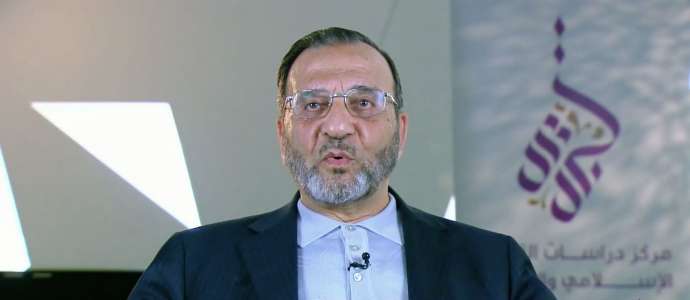

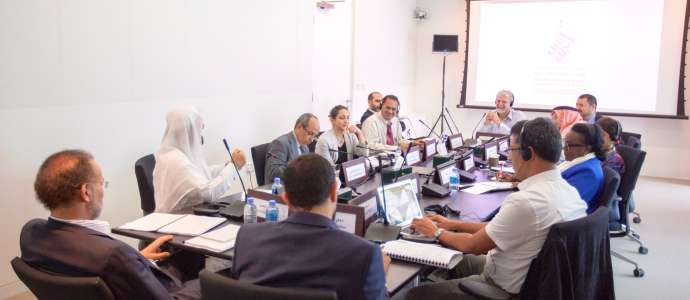



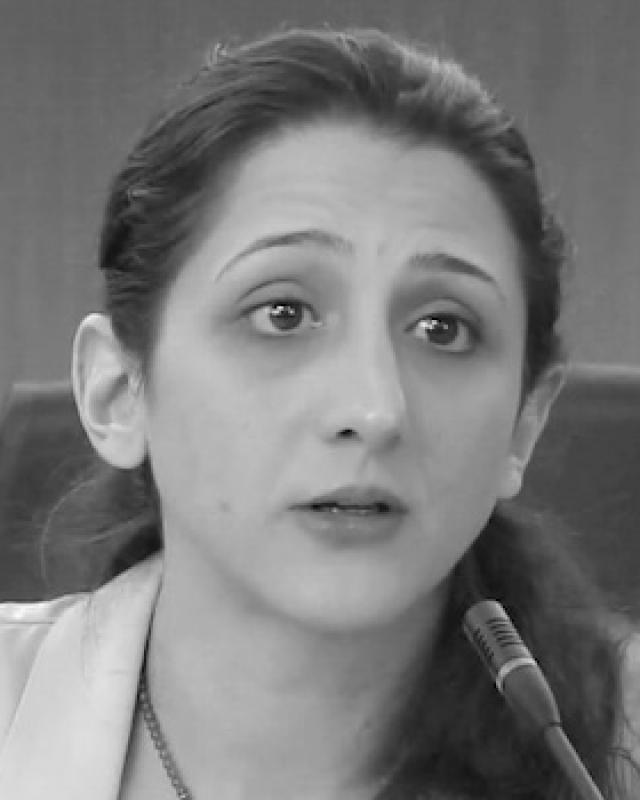

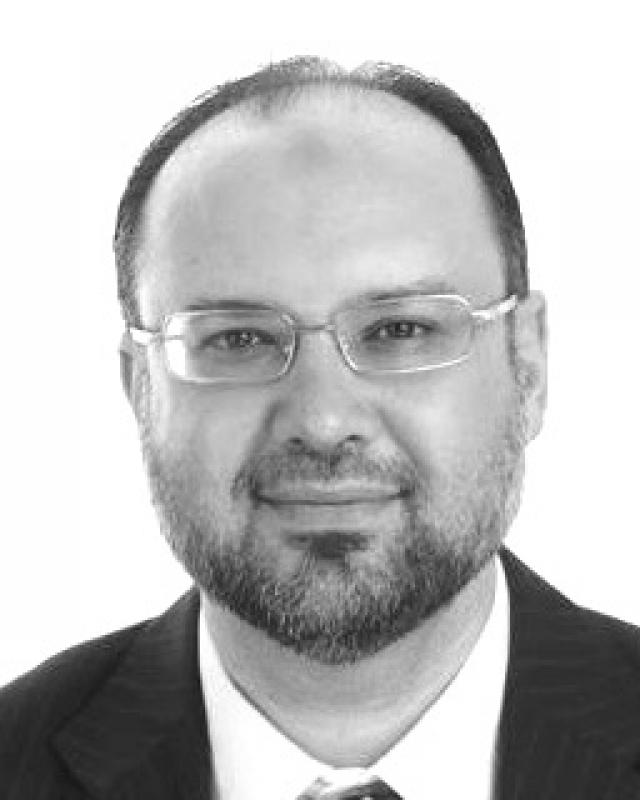

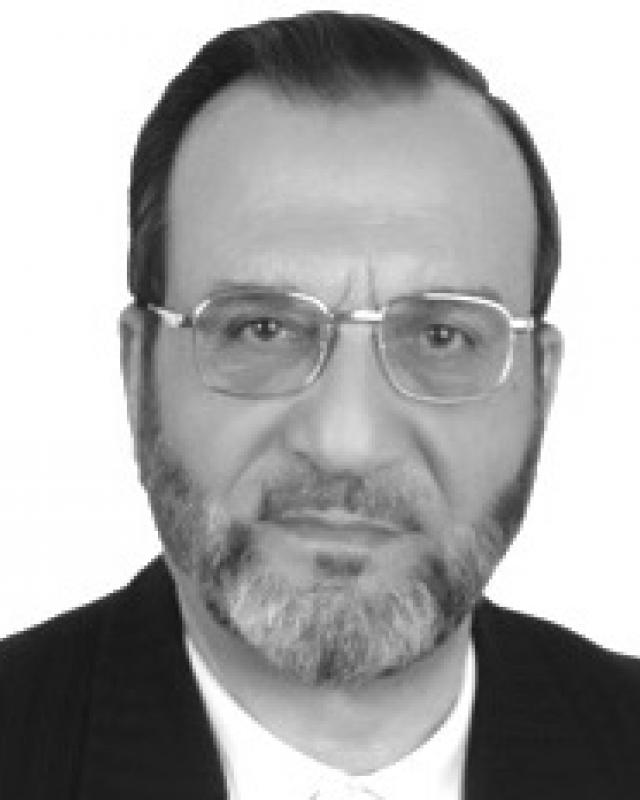
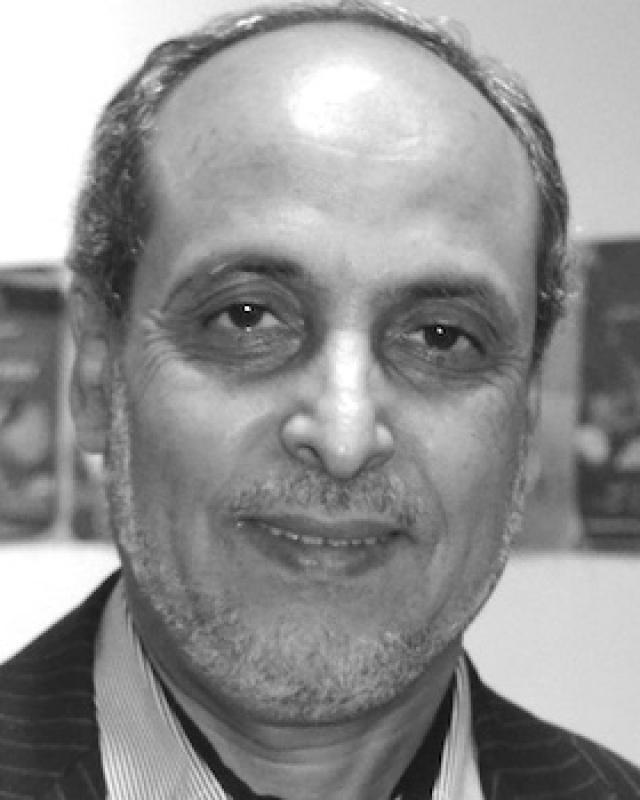
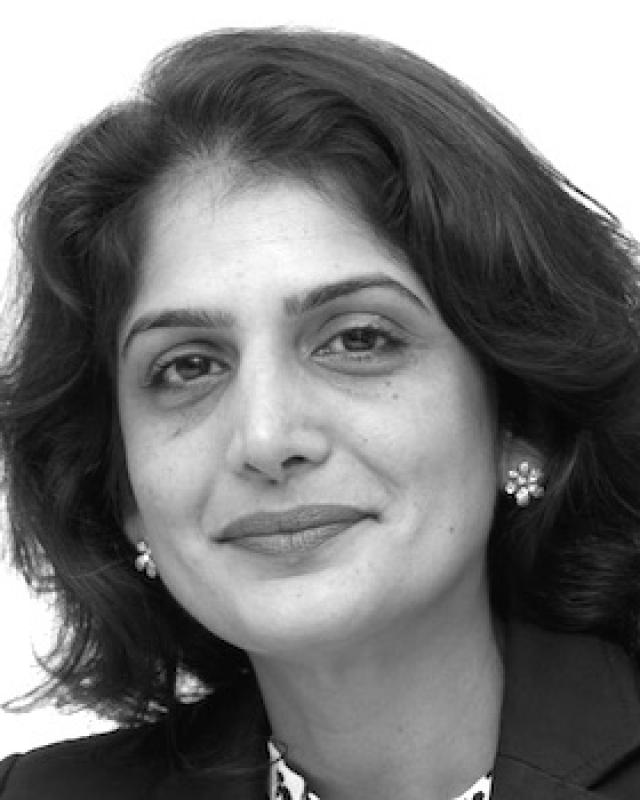
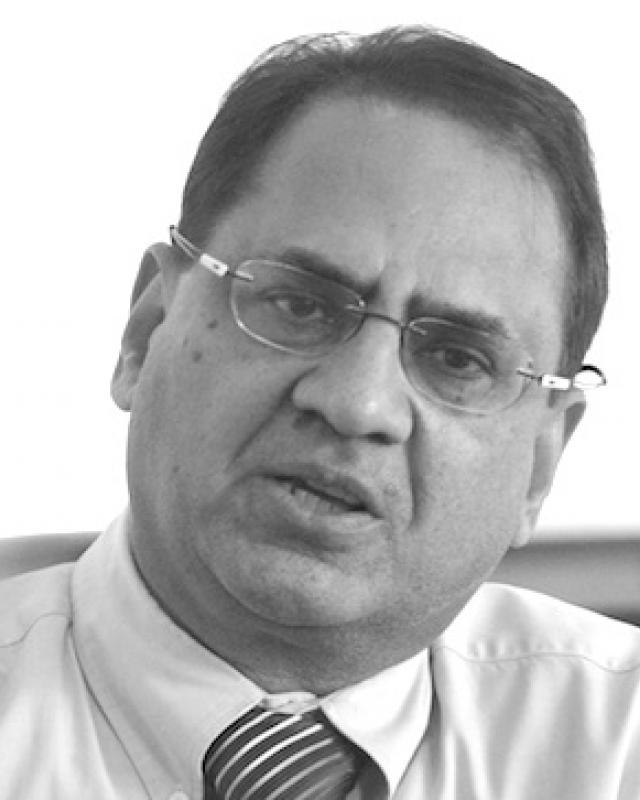


Add new comment